
World Mental Health Day October 10th
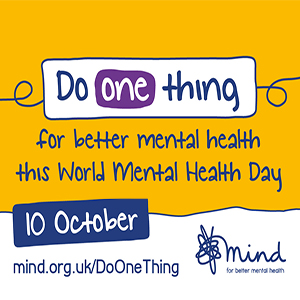




You may be aware that the NHS has launched its ‘Test and Trace’ app on Thursday 24 September.
As part of its introduction, venues such as pubs, restaurants, hairdressers, leisure centres, gyms, theatres, cinemas, local councils, places of worship and more will, by law, have to display an NHS Test and trace QR code poster from Thursday (24 September).
The app is available for smartphones only – not tablets, smartwatches or other devices.
To get started, go to Android’s Google Play or Apple’s App Store and search for “NHS Covid-19“.
The handsets must have Android 6.0 (released in 2015) or iOS 13.5 (released in May 2020) and Bluetooth 4.0 or higher. That excludes the iPhone 6 and older versions of Apple’s handsets.

Ecology Island is a nature-based intervention, which takes place weekly across 8 sessions in a woodland area of Central Park, Dartford. The participants take part in a range of nature-based activities which allow them to learn new skills in a supported environment, outdoors in nature. Examples include bushcraft, campfire cooking, scrub clearance, wildlife ID, litter picking, bird and bat box building, wildflower planting and more.

SilverCloud Health provides a wide range of online guided self-help programmes for stress, depression and anxiety. Every client is allocated a psychological wellbeing practitioner from our service who will guide them through the programme and help with any questions they have. Programmes consist of around six or seven modules – which can be completed at the individual’s own pace, over approximately eight weeks.
Clients with SilverCloud Health receive secure access to online supported CBT (Cognitive Behavioural Therapy) programmes, tailored to their specific needs, which have demonstrated high improvement rates for depression, anxiety and stress.
If you have a GP in Dartford, Gravesham or Swanley you will be able to sign up. Contact us now to join SilverCloud (details below) or just click here for the sign-up page.
email; alexvale@northkentmind.co.uk or call; 01322 533155
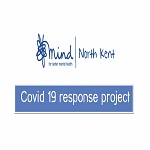
Supporting you and your Mental Health – NKM COVID-19 Response Project
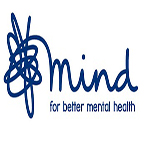
Information about the services currently being offered by the Wellbeing team at North Kent Mind.
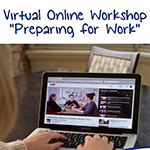
Preparing for Work Virtual Online Workshop poster
North Kent Mind is offering a new Virtual Online Workshop for our Preparing for Work course.
Adapted from our face to face courses, including the most beneficial sessions. Our new virtual online workshop will improve you skills, knowledge and employability!
* 5 Sessions starting 21st August 2020 *
Please note IT support is available if needed.
For more information please contact:
Emma Jarnell, 01322 291380, emmajarnell@northkentmind.co.uk


Free veterinary consultation for local Mind staff and service users
Many of us have four-legged family members and may be concerned about their health during this period. In order to help, FirstVet has kindly offered a free video consultation with one of their many experienced vets, open to the local Mind network, service-users and any family and friends who may benefit until the end of June 2020.
Their experienced vets will provide advice and at-home treatment recommendations, and send call notes to share with your usual vet, all while you are in the comfort and safety of your own home. FirstVet is the largest veterinary telemedicine service in Europe, and want to provide a service which helps people’s peace of mind during these challenging times.
FirstVet will provide support for most common pets. Example of conditions that FirstVet can help with include:
● Vomiting and diarrhoea
● Eye and ear problems
● Poisoning
● Coughing and sneezing
● Itching and skin problems
● Minor injuries and accidents
If FirstVet advises you to physically take your pet to your regular vet, and the vet is not available, they will refer you to the closest open clinic.
If you would like to take them up on their offer, simply register for FirstVet and download the app, then click on this link. Please note that you won’t have to enter any payment information to access the free initial consultation, and this service is available 12pm – 5pm, 7 days a week.
FirstVet have provided this service free of charge for supporters and service users of North Kent Mind. We appreciate their support during this time. Although the service is free, we’d be grateful for any support you can offer North Kent Mind by following the link and donating using https://uk.virginmoneygiving.com/donation-web/charity?charityId=1008228&stop_mobi=yes
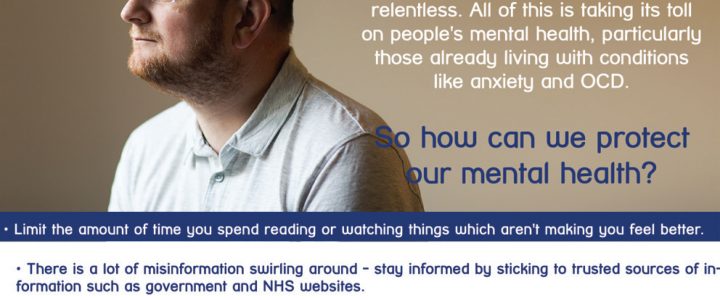
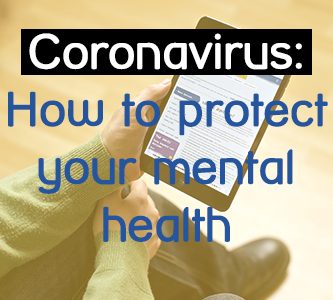
Coronavirus has plunged the world into uncertainty and the constant news about the pandemic can feel relentless. All of this is taking its toll on people’s mental health, particularly those already living with conditions like anxiety and OCD. So how can we protect our mental health?
Being concerned about the news is understandable, but for many people it can make existing mental health problems worse.
So how can we protect our mental health?
Having long periods away from news websites and social media has helped him to manage his anxiety. He has also found support helplines, run by mental health charities such as AnxietyUK, useful.
OCD Action has seen an increase in support requests from people whose fears have become focused on the coronavirus pandemic.
For people with OCD and some types of anxiety, being constantly told to wash your hands can be especially difficult to hear.
Charity OCD Action says the issue to look out for is the function – for example, is the washing being carried out for the recommended amount of time to reduce the risk of spreading of the virus – or is it being done ritualistically in a specific order to feel “just right”?
Increasing numbers will join those already in self-isolation so now might be a good time to make sure you have the right phone numbers and email addresses of the people you care about.
“Agree regular check-in times and feel connected to the people around you,” says Weatherley.
If you’re self-isolating, strike a balance between having a routine and making sure each day has some variety.
It might end up actually feeling like quite a productive two weeks. You could work through your to-do list or read a book you’d been meaning to get to.
With weeks and months of the coronavirus pandemic ahead, it is important to have down time. Mind recommends continuing to access nature and sunlight wherever possible. Do exercise, eat well and stay hydrated.
AnxietyUK suggests practising the “Apple” technique to deal with anxiety and worries.